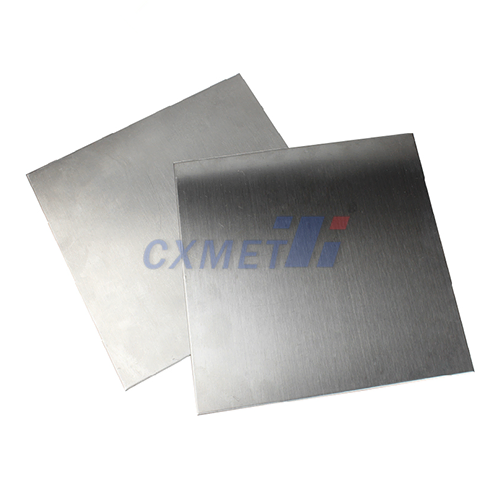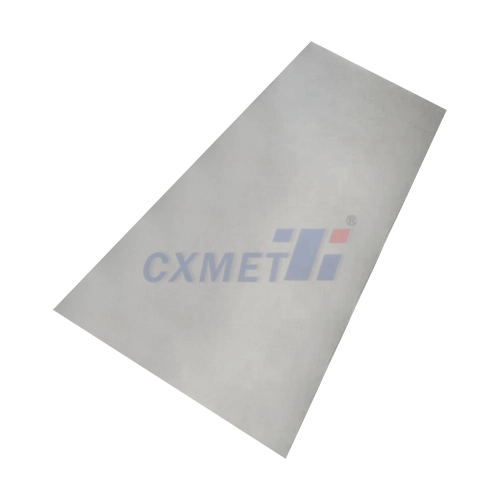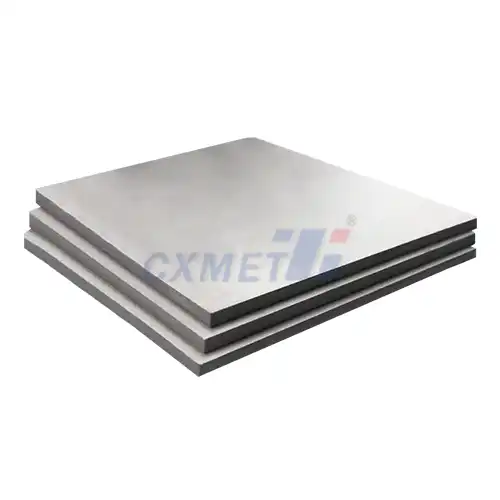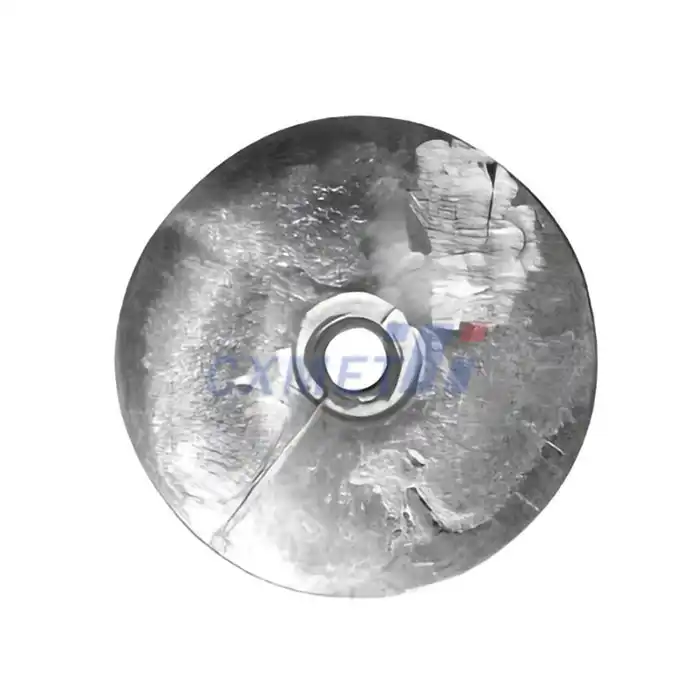- English
- French
- German
- Portuguese
- Spanish
- Russian
- Japanese
- Korean
- Arabic
- Greek
- German
- Turkish
- Italian
- Danish
- Romanian
- Indonesian
- Czech
- Afrikaans
- Swedish
- Polish
- Basque
- Catalan
- Esperanto
- Hindi
- Lao
- Albanian
- Amharic
- Armenian
- Azerbaijani
- Belarusian
- Bengali
- Bosnian
- Bulgarian
- Cebuano
- Chichewa
- Corsican
- Croatian
- Dutch
- Estonian
- Filipino
- Finnish
- Frisian
- Galician
- Georgian
- Gujarati
- Haitian
- Hausa
- Hawaiian
- Hebrew
- Hmong
- Hungarian
- Icelandic
- Igbo
- Javanese
- Kannada
- Kazakh
- Khmer
- Kurdish
- Kyrgyz
- Latin
- Latvian
- Lithuanian
- Luxembou..
- Macedonian
- Malagasy
- Malay
- Malayalam
- Maltese
- Maori
- Marathi
- Mongolian
- Burmese
- Nepali
- Norwegian
- Pashto
- Persian
- Punjabi
- Serbian
- Sesotho
- Sinhala
- Slovak
- Slovenian
- Somali
- Samoan
- Scots Gaelic
- Shona
- Sindhi
- Sundanese
- Swahili
- Tajik
- Tamil
- Telugu
- Thai
- Ukrainian
- Urdu
- Uzbek
- Vietnamese
- Welsh
- Xhosa
- Yiddish
- Yoruba
- Zulu
What is Titanium Alloy 6Al-2Sn-4Zr-6Mo Round Bar?
Titanium Alloy 6Al-2Sn-4Zr-6Mo Round Bar is a high-strength, heat-treatable alpha-beta titanium alloy known for its exceptional mechanical properties and excellent resistance to corrosion and oxidation. This alloy, often referred to as Ti-6246, is widely used in aerospace, marine, and industrial applications where high strength-to-weight ratio and superior performance under extreme conditions are required. The round bar form of this alloy provides versatility in manufacturing processes, making it a popular choice for various components in demanding environments.
What are the key properties of Titanium Alloy 6Al-2Sn-4Zr-6Mo?
Titanium Alloy 6Al-2Sn-4Zr-6Mo, also known as Ti-6246, possesses a unique combination of properties that make it highly desirable for critical applications. This alpha-beta titanium alloy exhibits exceptional strength, particularly at elevated temperatures, making it suitable for use in high-temperature environments up to 540°C (1000°F). The alloy's composition, which includes 6% aluminum, 2% tin, 4% zirconium, and 6% molybdenum, contributes to its outstanding mechanical characteristics.
One of the most notable properties of Ti-6246 is its high strength-to-weight ratio. This alloy offers a tensile strength ranging from 1030 to 1100 MPa (150 to 160 ksi) in the solution-treated and aged condition, while maintaining a relatively low density of approximately 4.64 g/cm³. This combination allows for the design of lightweight yet strong components, which is particularly advantageous in aerospace applications where weight reduction is crucial for fuel efficiency and performance.
The alloy also demonstrates excellent fatigue resistance, a critical factor in applications subjected to cyclic loading. Its fatigue strength is superior to many other titanium alloys, making it ideal for parts that experience repeated stress cycles, such as aircraft engine components and structural elements.
Corrosion resistance is another standout feature of Ti-6246. Like other titanium alloys, it forms a stable, protective oxide layer on its surface when exposed to oxygen, providing natural resistance to various corrosive environments. This property makes it suitable for use in marine applications and chemical processing industries where exposure to aggressive media is common.
The alloy's heat treatability allows for further optimization of its mechanical properties through solution treatment and aging processes. This versatility enables manufacturers to tailor the alloy's characteristics to meet specific application requirements, enhancing its adaptability across various industries.
Ti-6246 also exhibits good creep resistance at elevated temperatures, outperforming many other titanium alloys in this aspect. This property is particularly valuable in aerospace engine components where high temperatures and sustained loads are prevalent.
Furthermore, the alloy possesses good weldability and machinability, facilitating its integration into complex manufacturing processes. While it may require specialized techniques and tools due to its high strength, experienced manufacturers can effectively work with Ti-6246 to produce high-quality components.
In summary, the key properties of Titanium Alloy 6Al-2Sn-4Zr-6Mo include high strength-to-weight ratio, excellent fatigue resistance, superior corrosion resistance, heat treatability, good creep resistance at elevated temperatures, and reasonable manufacturability. These characteristics collectively make Ti-6246 an invaluable material in industries where performance under extreme conditions is paramount.
How is Titanium Alloy 6Al-2Sn-4Zr-6Mo Round Bar manufactured?
The manufacturing process of Titanium Alloy 6Al-2Sn-4Zr-6Mo Round Bar involves a series of complex steps designed to achieve the desired microstructure and mechanical properties. The production of this high-performance alloy requires stringent quality control measures and specialized equipment to ensure consistency and reliability in the final product.
The process typically begins with the careful selection and preparation of raw materials. High-purity titanium sponge, along with precise amounts of aluminum, tin, zirconium, and molybdenum, are combined to create the alloy composition. The exact proportions are critical to achieving the desired properties of Ti-6246.
Once the raw materials are prepared, they undergo a melting process. Due to titanium's high reactivity with oxygen at elevated temperatures, this step is performed in a vacuum or inert gas environment to prevent contamination. The most common melting techniques for Ti-6246 include vacuum arc remelting (VAR) and electron beam melting (EBM). These processes ensure the removal of volatile impurities and promote homogeneity in the alloy composition.
After melting, the alloy is typically cast into large ingots. These ingots then undergo primary processing steps such as forging or rolling to break down the as-cast structure and improve the alloy's mechanical properties. The forging process is particularly important as it helps to refine the grain structure and enhance the alloy's strength and ductility.
To produce round bars, the forged material is usually subjected to hot working processes. Hot rolling or extrusion techniques are employed to shape the alloy into cylindrical forms. These processes are carried out at elevated temperatures to take advantage of the alloy's improved formability in the heat-softened state.
Following the shaping process, the round bars undergo heat treatment to optimize their mechanical properties. This typically involves a solution treatment step, where the alloy is heated to a temperature above its beta transus (approximately 935°C or 1715°F for Ti-6246) and then rapidly cooled. This process creates a supersaturated solid solution, setting the stage for subsequent strengthening.
After solution treatment, an aging process is applied. The alloy is heated to an intermediate temperature (typically around 595°C or 1100°F) for a specified time, allowing controlled precipitation of fine, uniformly distributed alpha and beta phases. This aging step is crucial in developing the alloy's high strength and excellent creep resistance.
Throughout the manufacturing process, strict quality control measures are implemented. These include frequent chemical analysis to ensure compositional accuracy, non-destructive testing methods such as ultrasonic inspection to detect any internal defects, and mechanical testing to verify that the alloy meets the required specifications.
The surface of the round bars may undergo additional treatments such as grinding, polishing, or machining to achieve the desired dimensional tolerances and surface finish. In some cases, protective coatings may be applied to enhance the alloy's already impressive corrosion resistance.
It's worth noting that the exact manufacturing process can vary depending on the specific requirements of the end application and the capabilities of the manufacturer. Some producers may employ advanced techniques such as powder metallurgy or additive manufacturing for specialized applications, although these methods are less common for standard round bar production.
The manufacturing of Titanium Alloy 6Al-2Sn-4Zr-6Mo Round Bar is a sophisticated process that requires expertise in metallurgy, precision control of processing parameters, and advanced manufacturing technologies. The result is a high-performance material that meets the demanding requirements of aerospace, marine, and industrial applications where exceptional strength, corrosion resistance, and high-temperature performance are essential.
What are the main applications of Titanium Alloy 6Al-2Sn-4Zr-6Mo Round Bar?
Titanium Alloy 6Al-2Sn-4Zr-6Mo Round Bar finds extensive use across various industries due to its exceptional combination of properties. Its high strength-to-weight ratio, excellent corrosion resistance, and superior performance at elevated temperatures make it an ideal choice for numerous critical applications.
In the aerospace industry, Ti-6246 round bars are widely utilized in the manufacturing of aircraft engine components. The alloy's ability to maintain its strength at high temperatures makes it suitable for compressor discs, blades, and other rotating parts in gas turbine engines. These components operate under extreme conditions, experiencing high stresses and temperatures, where the alloy's fatigue resistance and creep strength are crucial. Additionally, the material's lightweight nature contributes to overall fuel efficiency and improved aircraft performance.
Beyond engine components, Ti-6246 round bars are also used in structural elements of aircraft, particularly in areas that experience high loads or elevated temperatures. This can include landing gear components, fasteners, and various fittings throughout the airframe. The alloy's corrosion resistance is particularly beneficial in these applications, as it helps to extend the service life of components and reduce maintenance requirements.
In the marine industry, Titanium Alloy 6Al-2Sn-4Zr-6Mo finds applications in propulsion systems and other critical components exposed to seawater. Its exceptional resistance to corrosion in saltwater environments makes it an excellent choice for propeller shafts, pump components, and various fittings in marine vessels. The alloy's high strength allows for the design of components that can withstand the harsh conditions encountered in marine operations while offering weight savings compared to traditional materials.
The oil and gas industry also benefits from the properties of Ti-6246 round bars. In offshore drilling operations, where corrosion resistance and high strength are paramount, the alloy is used in various components such as risers, subsea equipment, and downhole tools. Its ability to withstand high pressures and corrosive environments makes it valuable in deep-sea exploration and extraction activities.
In the chemical processing industry, Ti-6246 round bars are employed in the fabrication of pressure vessels, heat exchangers, and piping systems that handle corrosive chemicals or operate at elevated temperatures. The alloy's resistance to a wide range of aggressive media, combined with its high strength, allows for the design of equipment that can withstand challenging process conditions while maintaining structural integrity.
The medical industry also utilizes Ti-6246, albeit to a lesser extent than some other titanium alloys. Its biocompatibility and high strength make it suitable for certain orthopedic implants and surgical instruments, particularly those requiring exceptional mechanical properties.
In the automotive sector, Ti-6246 round bars find applications in high-performance vehicles, particularly in racing applications. Components such as valve springs, connecting rods, and other engine parts benefit from the alloy's high strength and low weight, contributing to improved engine efficiency and performance.
The sporting goods industry also takes advantage of Ti-6246's properties in the manufacture of high-end equipment. Golf club heads, bicycle frames, and other performance-oriented sports equipment can benefit from the alloy's strength and lightweight nature.
Lastly, the aerospace and defense industries utilize Ti-6246 round bars in the production of missile components, rocket motor cases, and other high-performance military hardware. The alloy's ability to withstand extreme conditions while offering weight savings is particularly valuable in these applications.
In conclusion, Titanium Alloy 6Al-2Sn-4Zr-6Mo Round Bar serves a wide array of applications across multiple industries. Its unique combination of high strength, excellent corrosion resistance, and superior performance at elevated temperatures makes it an invaluable material in scenarios where traditional alloys fall short. From aerospace and marine applications to chemical processing and high-performance sports equipment, Ti-6246 continues to play a crucial role in advancing technology and improving performance in demanding environments.
At SHAANXI CXMET TECHNOLOGY CO., LTD, we take pride in our extensive product range, which caters to diverse customer needs. Our company is equipped with outstanding production and processing capabilities, ensuring the high quality and precision of our products. We are committed to innovation and continuously strive to develop new products, keeping us at the forefront of our industry. With leading technological development capabilities, we are able to adapt and evolve in a rapidly changing market. Furthermore, we offer customized solutions to meet the specific requirements of our clients. If you are interested in our products or wish to learn more about the intricate details of our offerings, please do not hesitate to contact us at sales@cxmet.com. Our team is always ready to assist you.
References:
1. ASM International. (2015). ASM Handbook, Volume 2: Properties and Selection: Nonferrous Alloys and Special-Purpose Materials.
2. Boyer, R., Welsch, G., & Collings, E. W. (1994). Materials Properties Handbook: Titanium Alloys. ASM International.
3. Donachie, M. J. (2000). Titanium: A Technical Guide. ASM International.
4. Leyens, C., & Peters, M. (Eds.). (2003). Titanium and Titanium Alloys: Fundamentals and Applications. John Wiley & Sons.
5. Lütjering, G., & Williams, J. C. (2007). Titanium. Springer Science & Business Media.
6. Peters, M., Kumpfert, J., Ward, C. H., & Leyens, C. (2003). Titanium alloys for aerospace applications. Advanced Engineering Materials, 5(6), 419-427.
7. Rack, H. J., & Qazi, J. I. (2006). Titanium alloys for biomedical applications. Materials Science and Engineering: C, 26(8), 1269-1277.
8. Raghavan, V. (2005). Al-Mo-Sn-Ti-Zr (Aluminum-Molybdenum-Tin-Titanium-Zirconium). Journal of Phase Equilibria and Diffusion, 26(6), 635-636.
9. Veiga, C., Davim, J. P., & Loureiro, A. J. R. (2012). Properties and applications of titanium alloys: A brief review. Reviews on Advanced Materials Science, 32(2), 133-148.
10. Welsch, G., Boyer, R., & Collings, E. W. (1993). Materials Properties Handbook: Titanium Alloys. ASM International.




